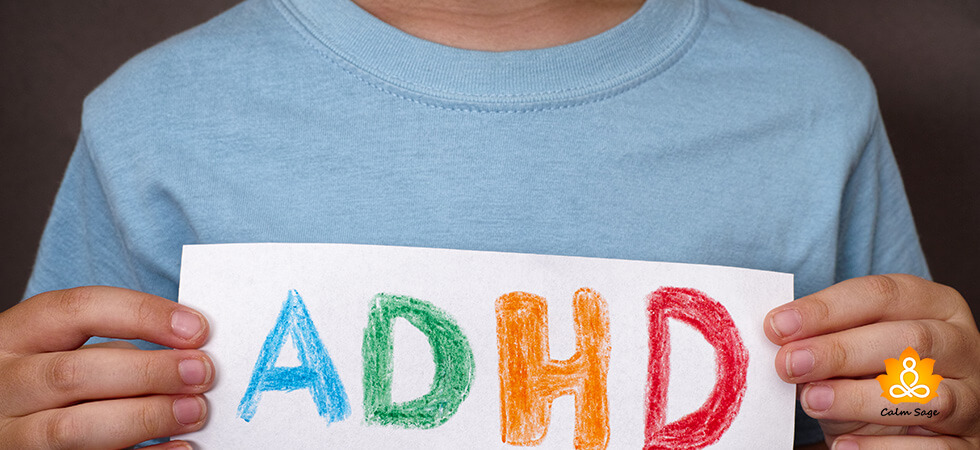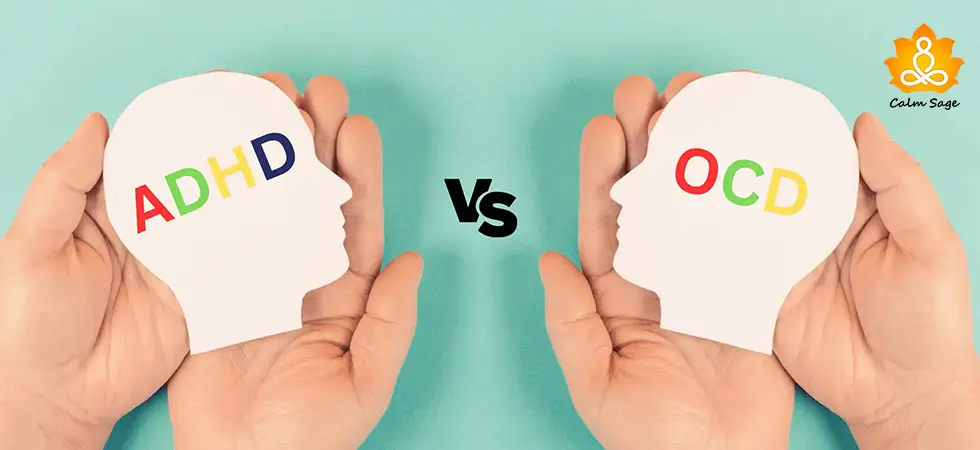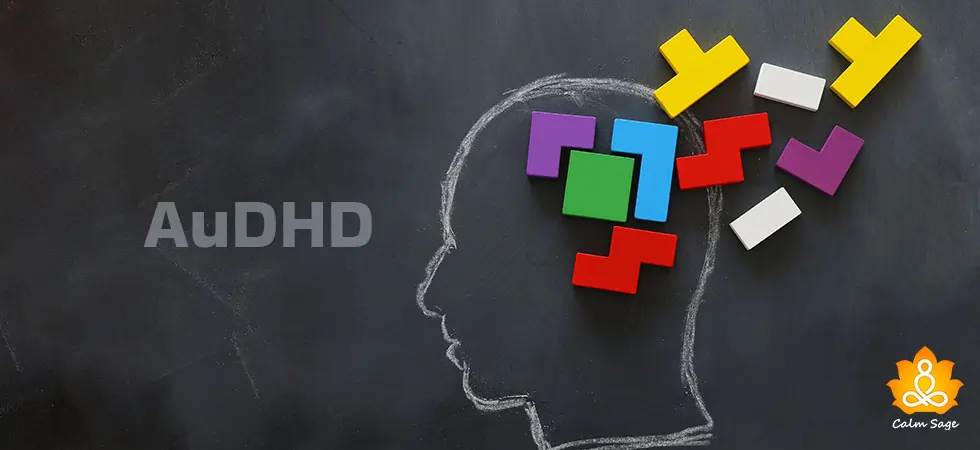Breaking The Stigma Around ADHD (Effects, Tips, & More)

Living with a mental health disorder is nothing to be ashamed of, however, the sigmas (and myths) around mental health disorders can spread misinformation and can even prevent people from seeking the help they need.
There is nothing wrong with being diagnosed with ADHD (Attention Deficit Hyperactivity Disorder) but in the world where stigma around ADHD is prevalent, it can be seen as something flawed or even weak.
The stigma around ADHD can cause one to feel ashamed about their disorder and can even stop them from opening up about their problem and seeking help. If you know someone or if you are diagnosed with ADHD, then you must have come across many myths and stigmas about ADHD.
If your child has been diagnosed with ADHD then as a parent, you must have faced judgment from other parents, teachers, and even family. Such stigma can make you feel as if your child’s disorder is somehow your fault when the reality is completely opposite.
In this article, let’s break the stigma around ADHD, learn the effects of stigma, and how to stop ADHD stigma.
The Stigma Around ADHD
When I say stigma, I mean the negative prejudice often those born out of stereotypes and misinformation. While the awareness of many mental health disorders including ADHD is increasing, there’s still some stigma that refuses to leave. Some of them can be:
#1: ADHD Isn’t A Real Disorder
One of the most common stigmas around ADHD and other mental health disorders has to be this one. In truth, ADHD affects many structural and functional changes in the brain including:
- Decision making
- Cognitive functions
- Motivation
- Motor functions, and more.
Such brain differences can be enough to recognize ADHD symptoms in children and despite this, comments such as, “it’s not a real disorder” or “it’s just a made-up disorder to sell medications” are commonly heard. If you can’t see physical symptoms doesn’t mean the mental health disorder isn’t real.
#2: People With ADHD Don’t Make Efforts
As mentioned in the above point, ADHD affects one’s motivation and causes changes in the brain including cognitive functions and motor skills. It’s not about the lack of effort, it’s quite literally their brain.
If you don’t have ADHD then you probably won’t understand the overwhelming emotions and feelings one with ADHD has to experience. The problem isn’t the lack of effort or focus but the inability to function in a way that aligns with the goals.
#3: It’s The Parents’ Fault
Being a parent of a kid with ADHD can be exhausting but it’s not your fault. ADHD is one of the most common mental health disorders that affect children so you’re not alone. With the right ADHD management and support, you can make your and your child’s life with ADHD manageable.
Did you know that according to the CDC, 9.4% of children are diagnosed with ADHD?
#4: Medication Isn’t The Only Way
ADHD medication can compensate for the neurotransmitter imbalance in the brain and taking away medication can mess up one’s ability to function and deal with the challenges of living with ADHD including educational, social, occupational, and more.
Of course, the right medication can help and the right medication depends on your or your child’s needs. Only a professional psychologist can prescribe ADHD medication.
Effects Of ADHD Stigma
Stigmas give rise to stereotypes and misinformation and can bring forth feelings of shame and guilt, especially in the one living with the disorder. Untreated ADHD effects can include:
- Depression
- Anxiety
- Low self-esteem
- Insecurity
- Relationship issues
- Conflicts
- Substance Abuse
- Addiction, and more.
ADHD medication stigma can also prevent people from seeking professional help. Living with ADHD or caring for someone with ADHD can be difficult on its own but dealing with the stigma around ADHD can make the ordeal more stressful.
ADHD stigma effects can ultimately lower your self-esteem and cause negative internalized beliefs and stereotypes. Other ADHD stigma effects can be:
- Internalized bias
- Conscious public shame
- Discrimination
- Social isolation
Breaking The Stigma Around ADHD
Education, advocacy, and awareness are keys when it comes to breaking the stigma around ADHD. Educating children, youth, and adults on the effects, causes, symptoms, and treatment of mental health disorders such as ADHD can help decrease the negative bias.
Educating and advocating the stigmas around ADHD can help change:
- Personal shame about the condition
- Attitude about the treatment, and
- Can decrease the discrimination
ADHD stigma comes from a lack of knowledge and misinformation. Never forget that stigma around ADHD and other mental health conditions can be mentally and emotionally distressing and can cause feelings of shame, and guilt, and prevent people living with ADHD from seeking help.
Education others and spreading awareness of the stigma around ADHD can be effective in breaking the silence and putting an end to the myths.
If you or your loved one is living (or has been diagnosed) with ADHD, share your stories with us at info@calmsage.com. Let us help you spread awareness and break the stigma around ADHD
Do let us know your thoughts in the comments below and don’t forget to share this article with your friends and family. Help us help you increase the awareness of mental health disorders, the importance of acknowledging them, and break the stigma.
Take Care!




















